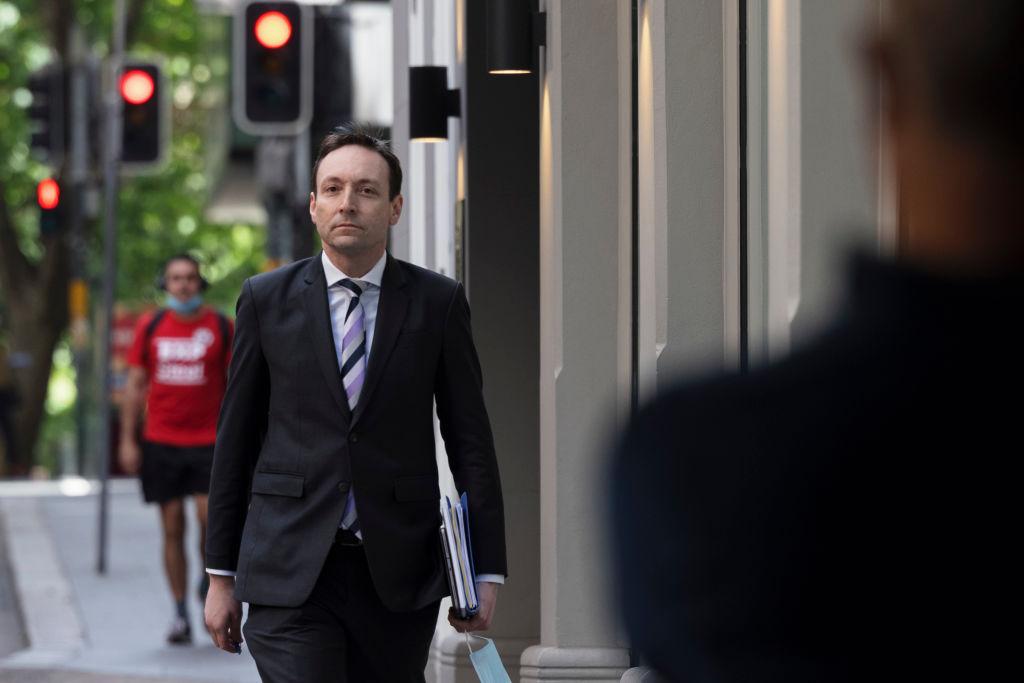Daryl Maguire, who allegedly committed visa fraud while serving as a New South Wales (NSW) MP, has been charged with making false and misleading evidence to a corruption inquiry involving a council in Sydney.
On June 2, Maguire, a former member of parliament for Wagga Wagga in NSW and the ex-boyfriend of former NSW premier Gladys Berejiklian, was charged with giving false and misleading evidence in 2018 in Operation Dasha.




